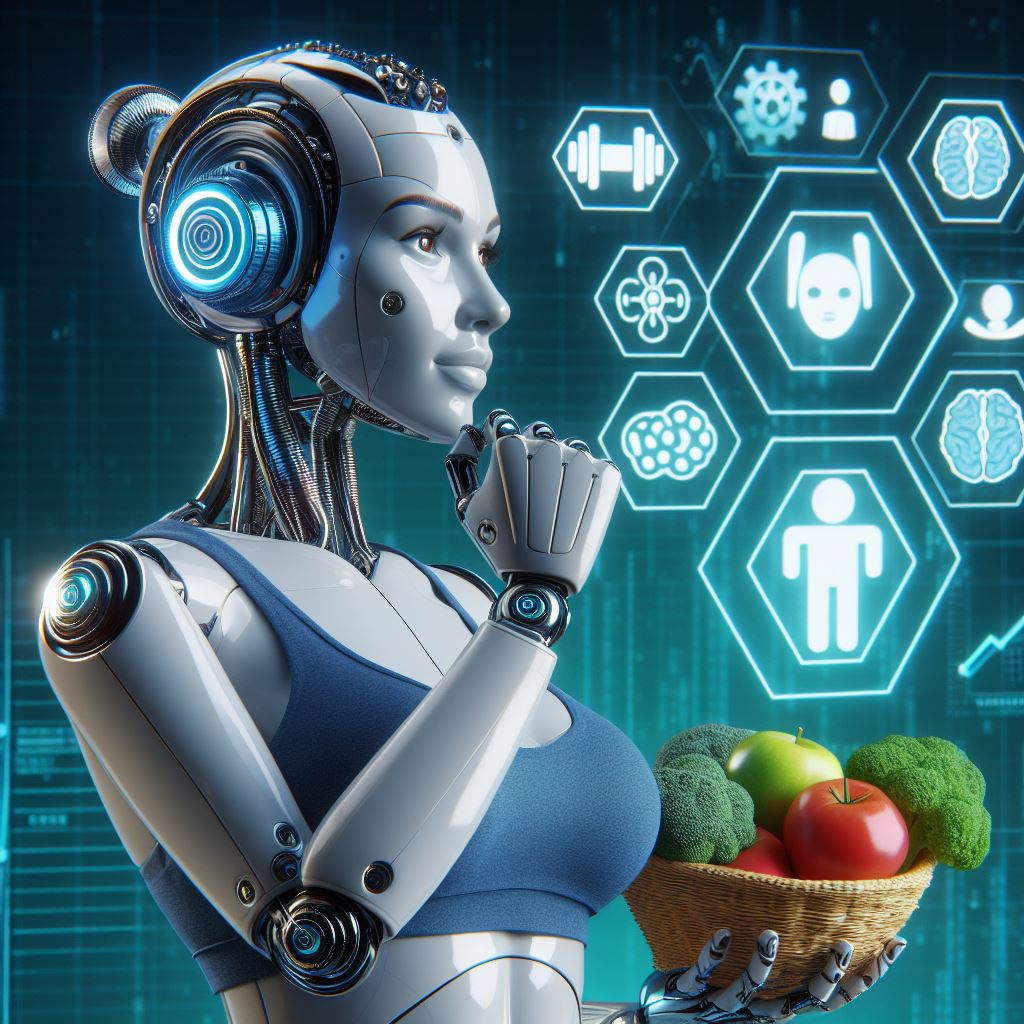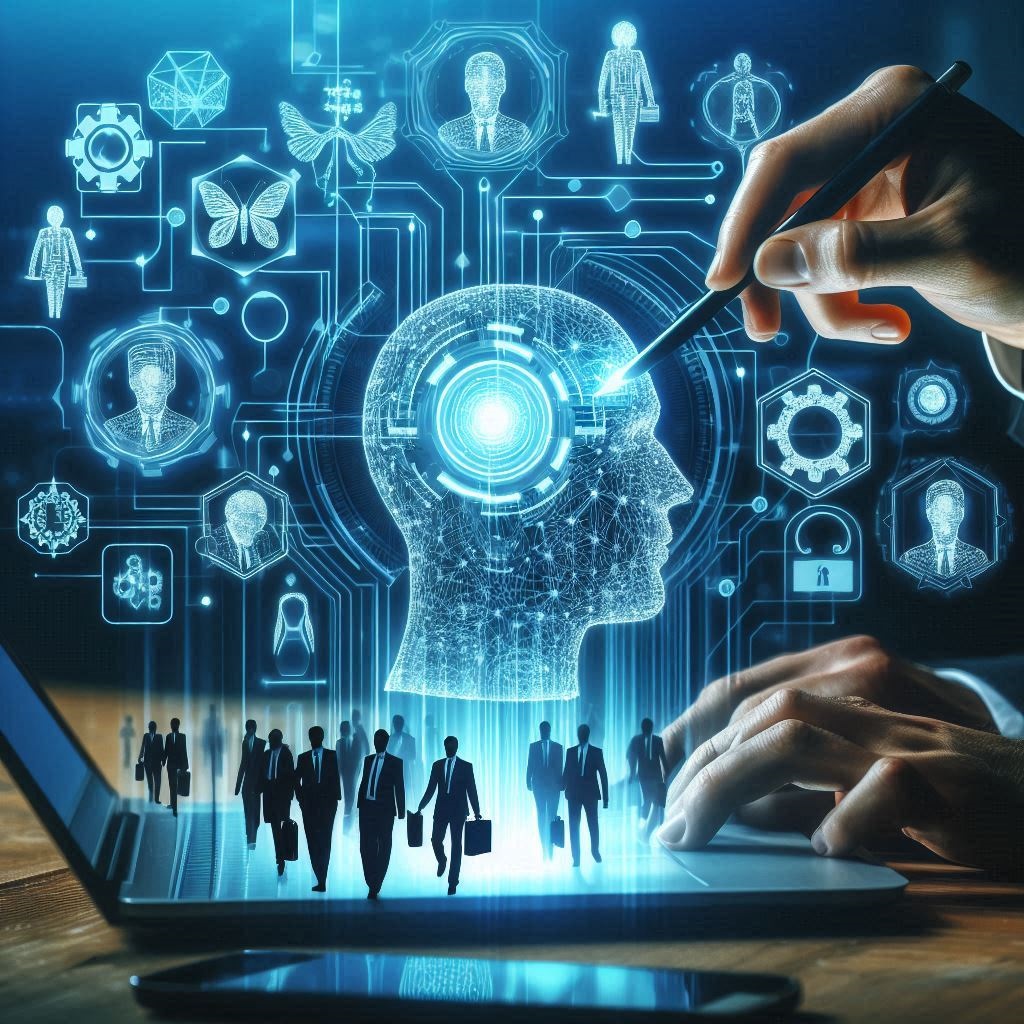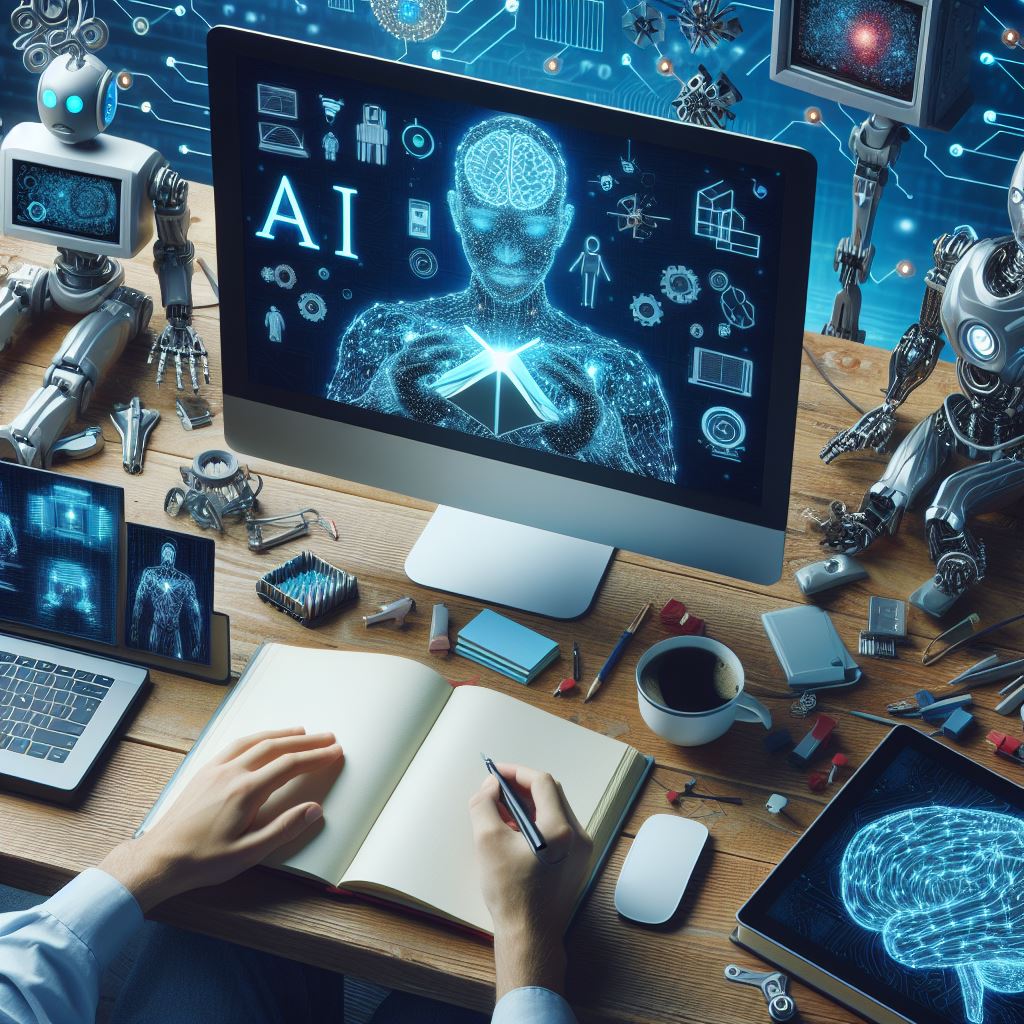In the current era, Artificial Intelligence (AI) has emerged as a transformative force, promising to revolutionize entire industries and improve everyday life. However, behind its intriguing potential and promise of profitability lie significant risks that must be seriously addressed. In this article, we will explore the potential dangers that accompany AI, from privacy and security to job displacement and ethical decision-making.
Privacy at Risk: The Threat to Privacy in the Age of AI
The proliferation of AI raises serious concerns about data privacy. With increasingly sophisticated algorithms capable of collecting, analyzing and using personal information, the risk of privacy breaches has become ubiquitous. From the collection of biometric data to the constant monitoring of online activities, AI presents significant challenges to protecting individual privacy.
Security at Stake: The Dangers of AI in Cybersecurity
While AI can be used to strengthen cyber defenses, it can also become a powerful tool for cybercriminals. AI algorithms can identify vulnerabilities in computer systems and perpetrate sophisticated attacks, from phishing to manipulating artificial intelligence systems to spread disinformation.
Job Displacement: The Dilemma of Job Displacement in the Age of AI
One of the most prominent risks associated with AI is massive job displacement. As AI-driven automation and robotics become more prevalent in various industries, millions of workers are at risk of losing their jobs. This not only raises economic and social concerns, but also highlights the need for retraining and retraining to adapt to the new job reality.
Bias and Discrimination: The Spectrum of Bias in AI Algorithms.
AI algorithms, while objective in theory, can perpetuate biases and discrimination inherent in the data they are trained on. If the data sets contain biases or inequalities, AI systems can generate biased results that perpetuate social injustices. This raises serious ethical and legal concerns about fairness and justice in AI implementation.
Ethical Risks: The Moral Dilemma of Artificial Intelligence
AI poses complex ethical challenges, from autonomous decision making to accountability for actions. Who is responsible when an AI algorithm makes a wrong decision that results in harm? How do we ensure that AI acts ethically and respects fundamental human values? These questions raise urgent moral dilemmas that require careful reflection and a robust regulatory framework.
As AI continues to transform our world, it is crucial to recognize and address the inherent risks associated with its adoption. From privacy and security to job displacement and ethical dilemmas, these challenges should not be underestimated. Only through a comprehensive understanding and proactive approach can we fully harness the potential of AI while mitigating its negative impacts on our society and our future.



